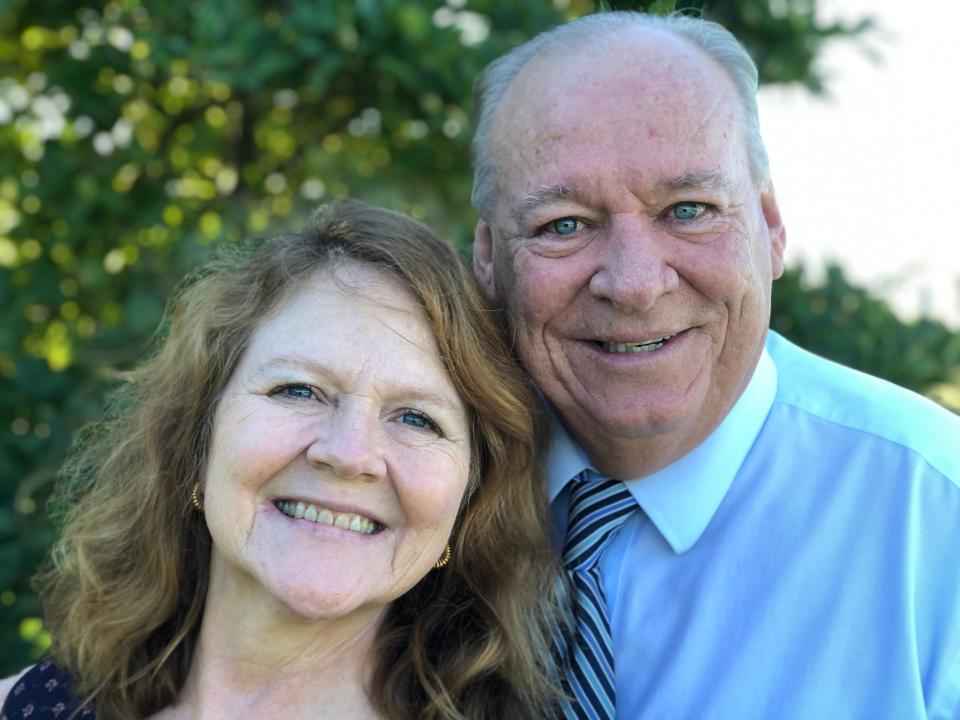If you think you drink too much, you probably do – but help is available
“Alcohol is the only drug in the world that you have to justify why you are not taking it, instead of justifying why you do.” - unknown
Well, isn’t that the truth? Alcohol is socially acceptable and legal for those over 21, in most situations. It’s been around since biblical times. You only live once, so cheers – it’s the holidays, for goodness’ sake. Right?
The fact is, alcohol use disorder and the compound health issues and tragedies it causes are more prevalent than ever and rising dramatically every year since the pandemic. Almost everyone has someone close to them that has struggled with an alcohol addiction and knows the impact on their self and their family. While many people can and do enjoy alcohol responsibly, many cannot. It goes beyond a good time to a physical and emotional addiction, a craving, a means to numb pain, often masking an underlying anxiety or affective disorder.

How do you know your alcohol use has crossed that line? If you question this while reading this, you might already suspect. How you metabolize alcohol varies depending on your size and tolerance, but for men, having more than four drinks a day or more than 14 over the week, is considered heavy drinking by the National Institute of Health. For women, it’s three on any day or more than seven per week.
The misuse of alcohol leads to poor judgment, rash decisions that can endanger others, damaged family relationships, job loss, and a litany of health issues, if not death.
Statistics from the Center for Disease Control for 2021 show that alcohol-related deaths nationally have risen 34 percent from pre-pandemic levels. These include deaths from liver, pancreas or cardiac issues and alcohol withdrawal or poisoning. Chronic liver disease and cirrhosis, often resulting from long-term alcohol abuse,
was the ninth-leading cause of death in the U.S. in 2021, up from the eleventh, pre-pandemic.
The CDC says we average 13.1 alcohol-related deaths per 100,000 people, nationally. This is the highest rate in 40 years. While the focus of late has been rightfully on the opioid overdose epidemic alcohol always has been a major cause of morbidity and mortality and kills almost as many people each year.
Rhode Island, smallest state in the union, falls ABOVE the national average in drinking-related deaths. RI’s rate is 16.4, ranking us at 35 in the nation. Bear in mind, the lower the ranking the better, in this case. This is not a statistic for us to be proud of. Well over the reported 300 deaths per year in Rhode Island are alcohol related. The rate of alcohol-related deaths is higher among older white Rhode Islanders than Black, Latino or Hispanic Rhode Islanders. Men in RI die from alcohol issues at a rate 2.5 times that of women, similar to the national number, but even women’s deaths are rising.
There are trends by occupation, too: The construction trades have a higher level of alcohol and drug addiction, according to John J. Tassoni, Jr., President and CEO of the Substance Use and Mental Health Leadership Council of RI (SUMHLC of RI.) The council’s mission is to promote a collaborative, coordinated system of high quality, comprehensive community-based mental health and substance use prevention and treatment services.
The statistics are grim but don’t be overwhelmed if you think you need help. Treatment is not the same for everyone or every situation, but it all starts with you - recognizing that you’re having a problem and facing it.
There are many resources available, but it all starts with the first step.
You can call us at Newport Mental Health, or one of these to start:
Newport Mental Health, Middletown, 401-846-1213 SUMHLC of RI Council, offices in Warwick, 401-521-5759 BH Link, East Providence, call or text 988
From there, your journey can take many paths. It may begin with a detox program, a medically supervised, usually inpatient phase of treatment. For serious alcohol
users, a sudden withdrawal from alcohol with no medical support can debilitating if not fatal.
There are residential treatment programs within the state, listed on the SUMHLC site – AdCare, Galilee Mission, Zinnia House, Bridgemark, among others. Most treat drug and alcohol dependencies. The road to recovery can then include inpatient or outpatient care, varieties of therapy, a 12-step or similar program, and in some cases medication under the care of a physician. Medications approved by the U.S. Food and Drug Administration to treat alcohol use disorder include acamprosate (Campral), disulfiram (Antabuse), and naltrexone (Vivitrol). These medications make it much easier to deal with cravings and help prevent relapse.
There are many reasons to be hopeful as you explore treatment. Give yourself the gift of a new life this year.
Helpful online resources include:
https://www.sumhlc.org
https://www.rethinkingdrinking.niaaa.nih.gov/
https://health.ri.gov/addiction/
https://alcoholtreatment.niaaa.nih.gov
Jamie Lehane is president and CEO of Newport Mental Health in Middletown. Peace of Mind, which is co-written with Mary Alexandre, runs in The Daily News and online at newportri.com.
This article originally appeared on Newport Daily News: If you think you drink too much, you probably do – help is available

